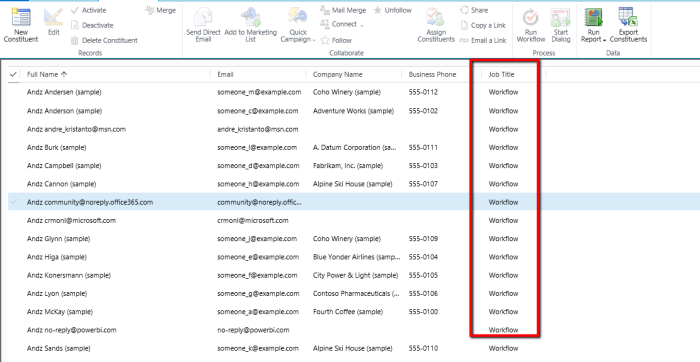Yesterday I just discovered from a discussion of a question, what I’ve known in a couple of years is not the best practice. The question was about how to get the entity attribute values from the record where the plugin was fired. Based on my previous knowledge, it should part of the plugin execution context. Yes, it is true for some operations such as Create and Update (based on the fields that updated). However, my next approach: if I could not find it in the plugin context: get it through retrieve request, is completely wrong. It adds server overhead when I add another request just to get the entity attribute details.
After reading this MSDN article: “Understanding the data context passed to a plug-in“, there is a line under Pre/Post Entity Image section that mentioned: “Registering for pre or post images to access entity attribute values results in improved plug-in performance as compared to obtaining entity attributes in plug-in code through RetrieveRequest or RetrieveMultipleRequest requests.”
I’ve used the pre and post image to tackle some situational requirements, but now I know that what I’ve done was not right. It is probably an obvious or a well-known knowledge for most of the developers, but in case there are others that still using bad pattern as I do (I learned it from others’ sample as well), I hope this could change the development pattern and deliver the most efficient way in plugin development.




You must be logged in to post a comment.